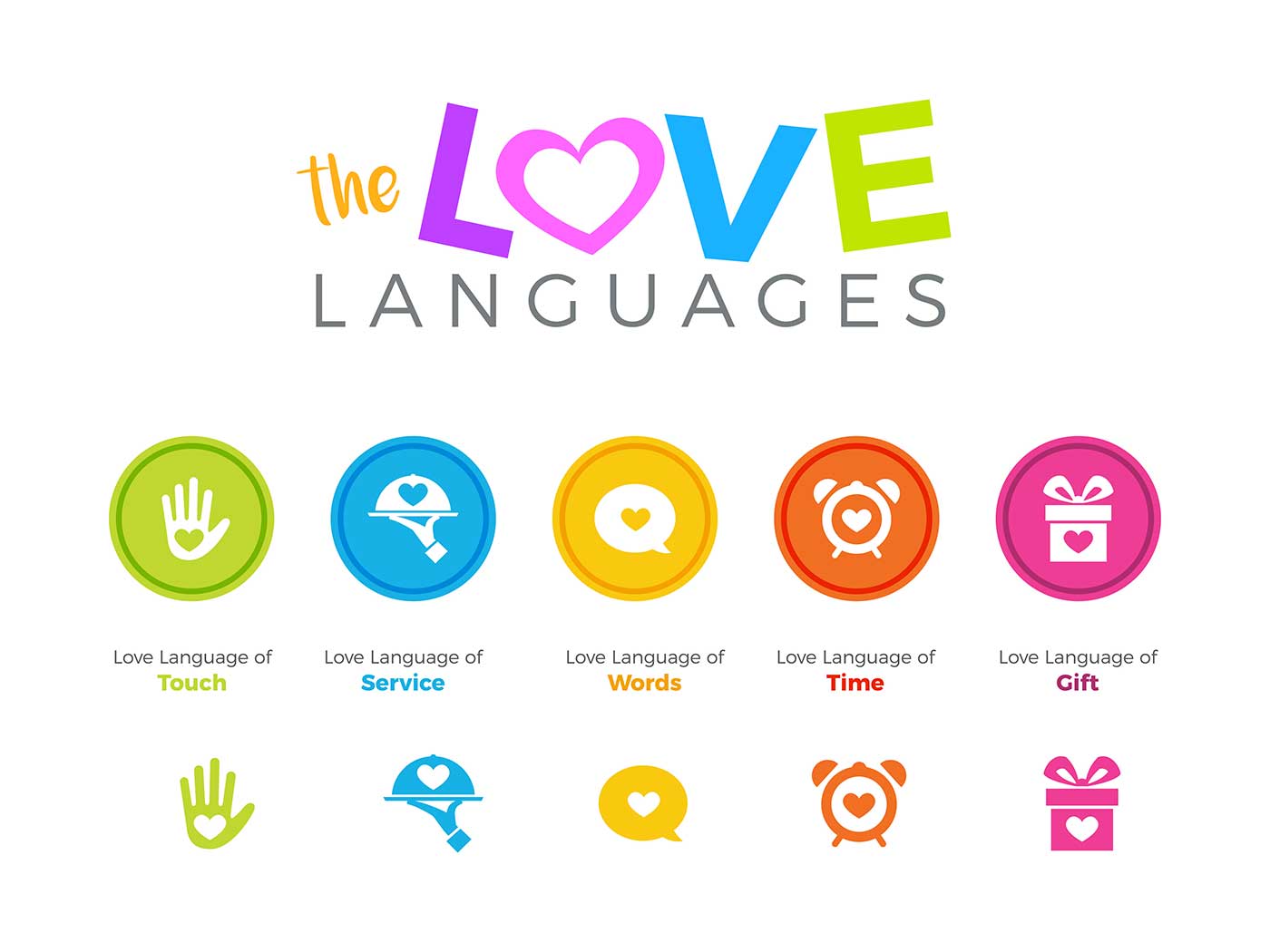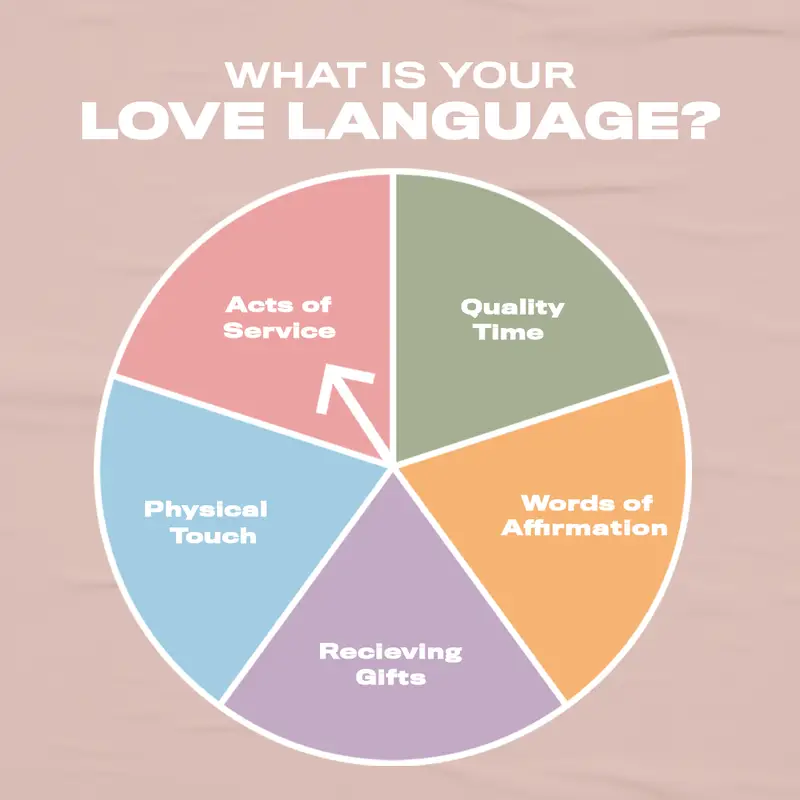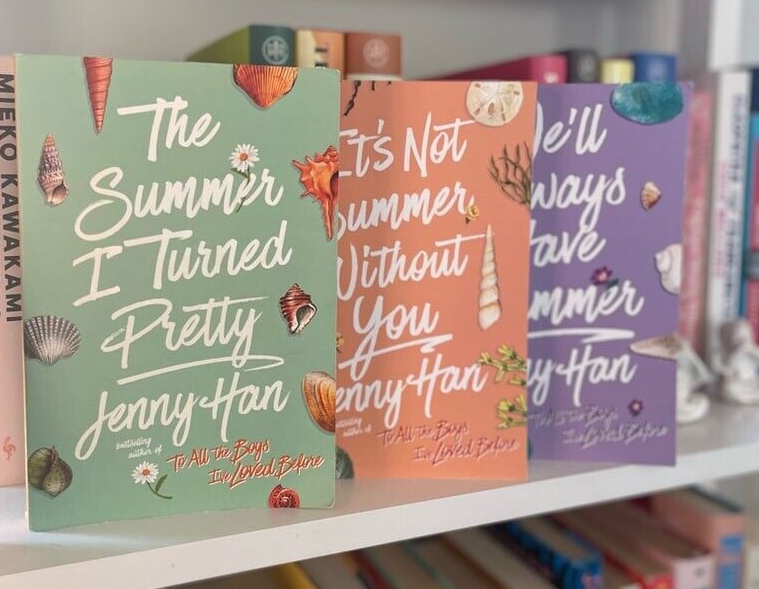There is a book called The 5 Love Languages by Gary Chapman, and it has really impacted the way I look at relationships and love.
I have read so many self-help and relationship-help books in my life, and many of them are pretty forgettable. These books can be like emotional Chinese food — temporary fulfillment and then forgotten an hour later because you’re “hungry” again.
But The 5 Love Languages, I have to say, has really made a difference for me.
The premise of the book is that everyone has a primary love language that they speak and desire to receive in return. Problems can occur when people in a relationship love each other in different languages; this leads to miscommunication, feeling empty or unloved, and dissatisfaction in the relationship.
Primary love languages differ from person to person. Chapman describes five in the book:
- Words of affirmation
- Quality time
- Physical touch
- Acts of service
- Receiving gifts
Upon reading the book, it was immediately clear to me which is my hubby’s primary love language. It was so obvious that I felt like a fool for not realizing it sooner: it is acts of service.
E shows me he loves me by going out and washing my car until she shines like the sun. He does it for me all the time. He also keeps our house looking immaculate, fixes stuff, keeps my computer top-notch, and basically just works hard for our family morning till night. He is always serving us with love.
If I comment on a tree I like down the street, he goes out and buys me that tree, digs the hole, gets it just right and plants the tree. E is all about hard work and service to show his love and devotion.
Acts of service is definitely NOT my primary love language. It is the farthest thing from it. I truly appreciate E doing all those things, but it doesn’t necessarily make me feel loved on an emotional level.
I appreciate his hard work and obviously I thank him to acknowledge that it is good and loving of him to do those things, but it just doesn’t resonate emotionally. And it’s hard because I feel guilty asking for more when he already does all that hard work hard for us. But him doing all that hard work doesn’t make me feel loved, and that is something we’re really finding we have to work through.
As I read the book, I kept struggling to figure out what my primary love language is.
Chapman described acts of service and I’m like “oh yeah, that’s cool, I like it when E does those things.” He described quality time and I’m like yeah, I want that too. Words of affirmation? Sign me up. And, well, ditto for all of them! I mean, who doesn’t want to be loved and pampered by their partner in every possible way. So I ended up wondering, what the heck, am I just a greedy person who needs it all?
I was still stumped about what my true primary love language is. I have joked that food equates to love for me. Food is not listed in the book as a primary love language, but I do think food is a pretty direct route to my heart. E knows this and when he wants to show me I am loved, he often takes me out to eat.
But you know what? I could feel that food wasn’t the whole picture, just a part of it. I still don’t feel loved sometimes, even if I have food I like and want. So I kept pondering about my love language.
E had been doing tons of acts of service (that’s his default mode, as it’s his primary love language) but it just hadn’t been reaching me emotionally where I need to be reached. And I was feeling sad, lonely and blue one day as he worked hard on our yard in the rain. I kept thinking, why won’t he just come inside and put his arms around me and spend time with me? That would make everything better.
That’s when it dawned on me. Again, it’s so obvious that I feel silly for not figuring it out sooner: my primary love languages are physical touch and quality time.
Love languages extend far beyond your partner; they impact every relationship you have.
I always feel loved by my Mommers because she loves to spend time with me and when we do, she is physically demonstrative with hugs and holding my hand. I am a *hugger* with my friends — when I see my besties and it’s been a while, I want to wrap my arms around them and never let go! I can sometimes feel a bit shunned by friends who don’t like to hug, even when I know intellectually that they are still my friends and do care about me.
I love dogs because they are physically affectionate, leaning on you or snuggling their heads in your laps. I delight in cats who are lap-sitters and face rubbers. I love tattoo, and it recharges my batteries and makes me feel loved, in part because it involves so much touch.
Now that I know my love languages, everything makes more sense. I am trying to be more attentive and aware of the power of physical touch in my life. For example, going to the chiropractor and getting massages are great self-care practices for self-nurturing through touch.
Z also has physical touch and quality time as two of her main love languages, so the apple doesn’t fall far from the tree. Knowing your partner, family and loved ones’ primary love languages can be so helpful to make sure you’re loving them in the way that feels best to them – and not just in the way that comes most naturally to you, which may or may not work for them.
It’s worth noting, too, that if we’re feeling stressed or distracted, we will typically revert back to our own love language or style rather than the one that is best for our partner. It takes practice and mindfulness to keep loving others in the way that means the most to them!
So, what’s your primary love language? If you don’t feel like reading the book, you can take the free Love Languages quiz online. It’s a great way to improve your relationships and communication! And I realize that one thing I didn’t cover here is how best to love your partner when their love language is not your own – so I’ll blog about that soon.




